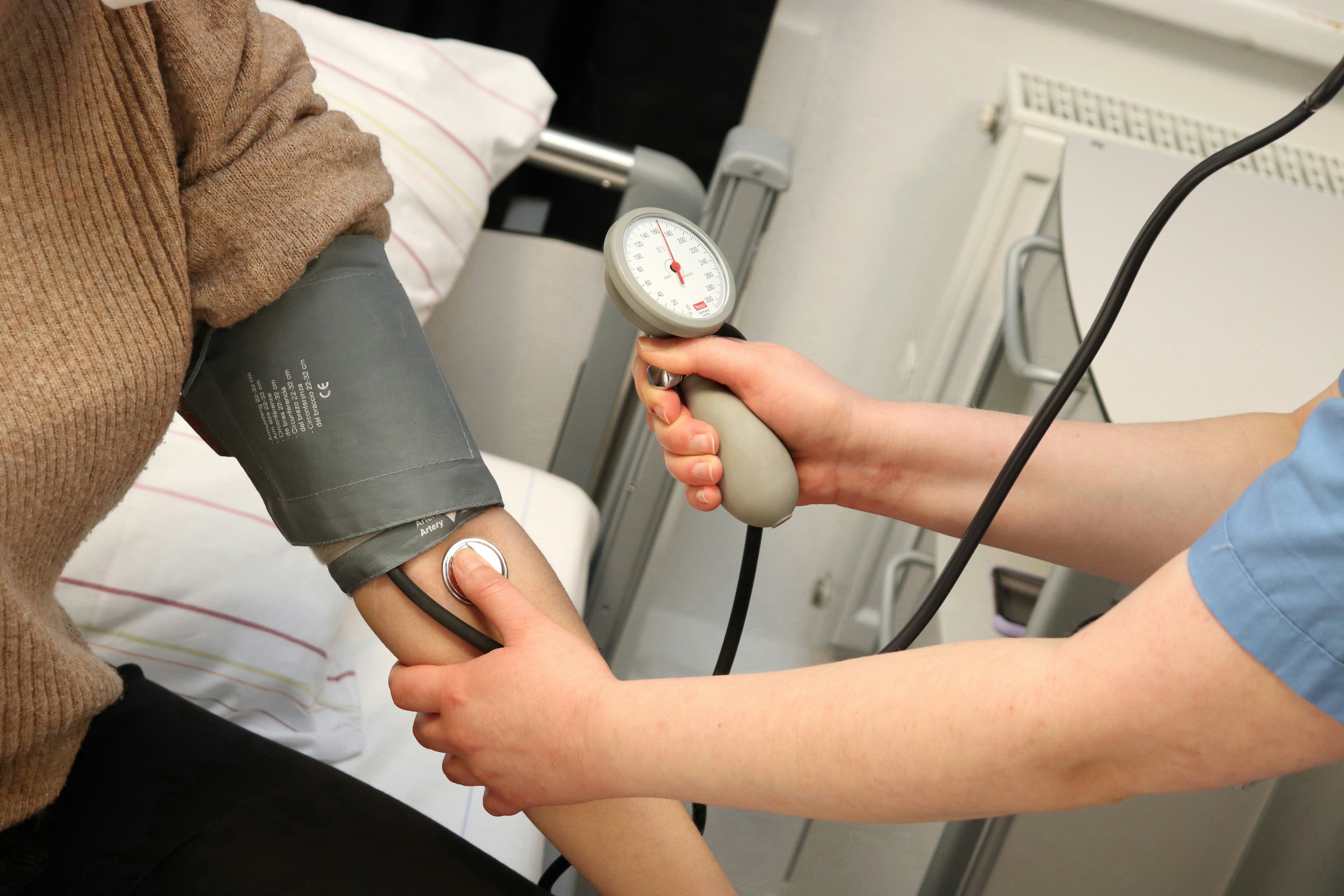Heart Disease Warning Signs Often Go Unnoticed - Learn What to Watch For
Heart disease remains a leading health concern, with many warning signs often overlooked or dismissed as normal aging. Symptoms like chest discomfort, shortness of breath, fatigue, and irregular heartbeat may indicate cardiovascular issues requiring medical evaluation. Early recognition and proper cardiac assessment help individuals understand their risk factors and work with healthcare providers for appropriate monitoring and treatment planning:

Understanding Early Warning Signs of Heart Disease
The initial symptoms of heart disease can be deceivingly mild or easily attributed to other conditions. Common early warning signs include unexplained fatigue, shortness of breath during routine activities, and mild chest discomfort. These symptoms may come and go, leading many people to dismiss them as stress or aging-related issues. However, recognizing these early indicators is crucial for timely intervention and better health outcomes.
The Importance of Regular Heart Health Assessment
A comprehensive heart health assessment serves as a preventive measure to identify potential cardiovascular issues before they become severe. These evaluations typically include blood pressure monitoring, cholesterol testing, and assessment of other vital markers. Regular screenings help healthcare providers track changes in heart health over time and identify developing problems before they become critical.
Key Components of Risk Factor Analysis
Understanding your personal risk factors is essential for heart disease prevention and management. Risk factors fall into two categories: modifiable and non-modifiable. Modifiable factors include lifestyle choices like smoking, diet, and exercise habits, while non-modifiable factors include age, family history, and genetic predisposition. A thorough risk factor analysis helps develop targeted prevention strategies.
Available Treatment Options and Their Effectiveness
Treatment approaches for heart disease vary based on the specific condition and its severity. Options range from lifestyle modifications and medication to surgical interventions. Each treatment plan is tailored to the individual patient’s needs, considering factors such as overall health status, risk factors, and specific cardiac conditions.
Navigating Insurance Coverage for Cardiac Care
Understanding insurance coverage for cardiac care is crucial for effective treatment planning. Coverage varies significantly among insurance providers and plans, potentially affecting access to specific treatments and specialists.
| Insurance Type | Typical Coverage for Cardiac Care | Average Out-of-Pocket Costs |
|---|---|---|
| Medicare | 80% of approved services | $100-500 per specialist visit |
| Private Insurance | 60-90% after deductible | $20-50 copay per visit |
| Medicaid | Most services covered | Minimal to no cost |
Prices, rates, or cost estimates mentioned in this article are based on the latest available information but may change over time. Independent research is advised before making financial decisions.
The Role of Cardiac Specialist Consultation
Working with a cardiac specialist ensures comprehensive care and accurate diagnosis. These experts can interpret complex symptoms, conduct specialized tests, and develop personalized treatment strategies. Regular consultations help monitor disease progression and adjust treatment plans as needed for optimal outcomes.
This article is for informational purposes only and should not be considered medical advice. Please consult a qualified healthcare professional for personalized guidance and treatment.




